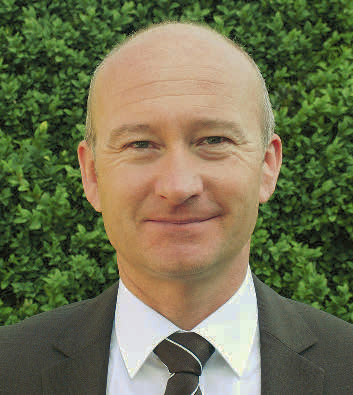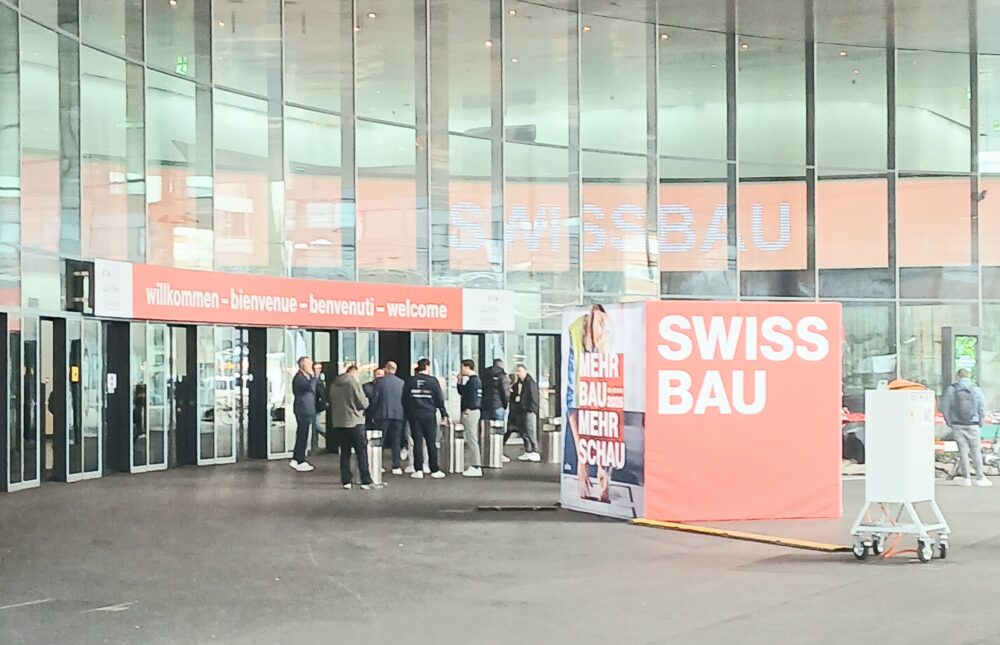Airport security check
Peter Frei, Head of Safety & Security, explains how dangerous substances are differentiated from permitted liquids in hand baggage at Zurich Airport.
Since January 28, 2014, liquids in carry-on baggage have been checked differently. Who decided on the change in control measures, the Federal Office of Civil Aviation (FOCA) or was it you yourself in a corresponding committee?
Peter Frei,  Head Safety & Security at Flughafen Zürich AG: This is an EU requirement. When new safety regulations are adopted at European level, the Federal Office of Civil Aviation (FOCA), as the regulator for all Swiss national airports, issues the new safety regulations.
Head Safety & Security at Flughafen Zürich AG: This is an EU requirement. When new safety regulations are adopted at European level, the Federal Office of Civil Aviation (FOCA), as the regulator for all Swiss national airports, issues the new safety regulations.
How efficient are your new airport facilities; are there perhaps any potential trends regarding carry-on baggage security?
Peter Frei: The centralized security checkpoint has been in operation in and of itself since December 1, 2011. Travelers no longer pass through security checks in a decentralized manner, but directly after boarding pass checks in the new security control building. On four floors, a total of 26 security lines enable operations to respond more flexibly to peak loads and thus reduce waiting times.
To what extent can all hazardous goods be scanned? What are the benefits of random sampling?
Peter Frei: Virtually all materials carried by travelers can be checked by our regular metal detectors, the X-ray machines and the scanners. Random checks help us to gain experience and constantly refine the processes surrounding security checks.
It happens again and again that undercover inspectors trick security barriers. How are such fictitious actions, or rather checks, evaluated - are they to be understood as penetration tests vis-à-vis the airport police?
Peter Frei: For security reasons, we do not provide detailed information about our security concept and internal control mechanisms.
Understandable. There is still no legal requirement for the use of security scanners in Switzerland. Nevertheless, it is said that new efficient technologies are being used in the control area. What is the current state of affairs regarding new types of "body scanners"?
Peter Frei: Security scanners are already being used for passenger screening at various airports. Zurich Airport will probably conduct another series of tests with security scanners this fall. Whether these will be used in the future is still open.
How efficient are actually suitcase scans in contrast to the automatic detection of hazardous substances in hand luggage?
Peter Frei: The scan is automated for checked baggage, but not yet for carry-on baggage. That's why we have downstream screening there with type B scanners. Automated screening of carry-on baggage would also be possible with other scanners, but these are still in the development phase. They are not an issue for us at the moment.
Chemicals such as pentaerythrityl tetranitrate (highly explosive), see the "Detroit underpants smugglers" case, are very difficult to detect. How has airport security set itself up technically and infrastructurally?
Peter Frei: By using different scanners. I don't want to communicate more about this.
Finally, are there exceptional situations in which you correspond with supra-regional security units, respectively with the police?
Peter Frei: There are no "supraregional security units. Exception: In the event of a crisis, Zurich Airport's crisis organization is ramped up, with representatives of the operational airfield management, representatives of the cantonal police and numerous other specialists and partners of Flughafen Zürich AG. This is not about "security controls" per se, but about managing an incident and restoring flight operations as quickly as possible. How the cantonal police coordinate and agree internally would be a question for the cantonal police.









